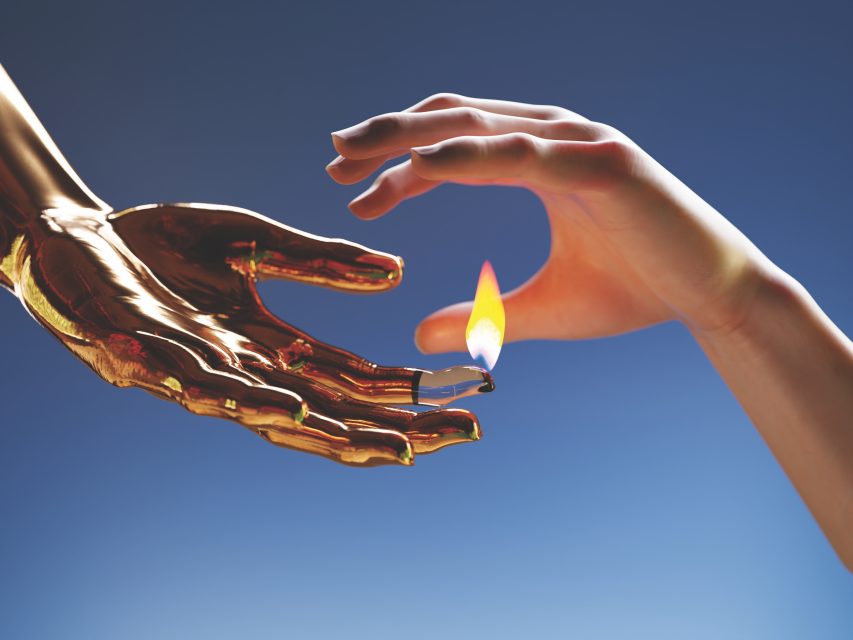The domestication of horses and the invention of the wheel were technological moments, the creation of prosthetic devices that enhanced human ability of movement. We made these technologies and then they reshaped us. Ancient people, fought in new and different tactics and strategies. They pursued game and forage across new ranges. They built new infrastructures to make and maintain the technologies.
Our cars are an extension of that ancient history. We created them and we became dependent on them. Making them more efficient changes only minor aspects of our dependence. Regardless whether we move to a rural place and live near work and shopping, the world has become dependent. You walk to the grocery store in a world dominated by hundreds of millions of cars, few of them in your proximity. Such historically-minded criticism of engineering, or of technology, is an effort to promote thinking about future forms of dependency before we become dependent on them.
Autonomous cars of the future may be more efficient and safer, but we will be part dependent on them in lots of new ways. Remember how much easier it was to be alone in the world in your car before the cellular communications developments? Now work can find me while I commute, or on a vacation road trip. The autonomous car will leave us fewer excuses to avoid that email, text, or call. More of us will take it, or even make the call ourselves, enhancing productivity. We don't have to drive, so why not make that call to that client?
Here is a clever piece that reflects on similar themes:
Adrienne Mayor, "Gods And Robots: Time-traveling back to antiquity might help us think about the human transformations of the future,"
Cal Poly Ethics & Emerging Sciences Group June 18, 2020:
https://www.noemamag.com/gods-and-robots/
